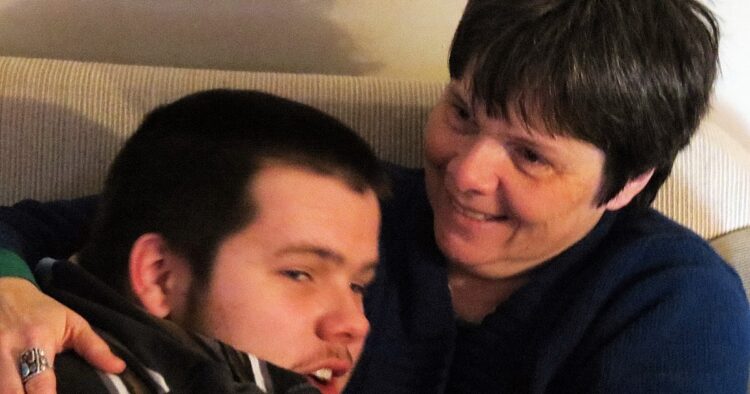By Charlotte Webster-
Autistic people will struggle most with the transition in lockdown rules, because of the changing realities it brings on them.
Autistic people dislike unpredictability, and prefer their custom with routine and repetition, down to the minute detail of their day.
Control over the occurrence of daily events is something autistic people like to have Initially, the lockdown threw the 700,000 autistic people in the UK into mass uncertain
Repetitive behaviour in autistic people should not be confused with OCD (Obsessive Compulsive Disorder), which is an anxiety disorder in which people experience repetitive thoughts and behaviours that are upsetting to them.Young person with Asperger syndrome
Many autistic people have intense and highly-focused interests, from a fairly young age. These can change over time or remain constant for the rest of their lives.
Their interests can range from art, music, trains, computers, car registration numbers, bus or train timetables, postcodes, table tennis, traffic lights, numbers, shapes.
Autistic people can also become attached to objects (or parts of objects), such as toys, figurines or model cars – or more unusual objects like milk bottle tops, stones or shoes. An interest in collecting is also quite common.
Pursuing their interests is fundamental to the wellbeing and happiness of most autistic people. Many channel their interest into studying, paid work, volunteering, or other meaningful occupation. It gives them structure, order and predictability, to autistic people and helps people cope with the uncertainties of daily life
Repetitive behaviour may include arm or hand-flapping, finger-flicking , spinning or twirling, and head-banging in many cases . Some use objects repetitively, such as flicking a rubber band or twirling a piece of string, or repetitive activities involving the senses (such as repeatedly feeling a particular texture). This is known as ‘stimming’ or self-stimulating behaviour.
The lockdown altered the routine most autistic people had and became unbearable for them with each passing day. Many have had to adjust rapidly by creating new habits to keep them busy, but this has been incredibly difficult for them. Adjusting to new rules is not something they find easy.
A growing number of autistic researchers have been swapping stories and sharing opportunities on social media These scientists do so through two closed Facebook groups with hundreds of members; and on Twitter, using the hashtags #AutisticsinAcademia and #ActuallyAutistic. They meet over drinks at conferences and mentor students between talk sessions. Learning more about their findings contributes to knowledge, so I have decided to maintain contct with a few of them.
Autistic Jane Anderton, 26, told The Eye Of Media.Com: ”I have become very used to staying in doors and reading lots, as well as washing a lot of clothes by hand. In the past I took my clothes to the launderette for washing, but now I can’t even bear the thought of sharing space with a stranger who may still have the coronavirus.
I am sort of addicted to washing clothes at home then reading afterwards. I live with two of my sisters who both observed the lockdown, but will be going back to work. I can’t be a lone at home, but I also can’t go out without worrying that somebody infected may brush past me and cough”
With the lockdown being lifted further on June 15, the uncertainty is only amplified for those who need specific rules to survive.

